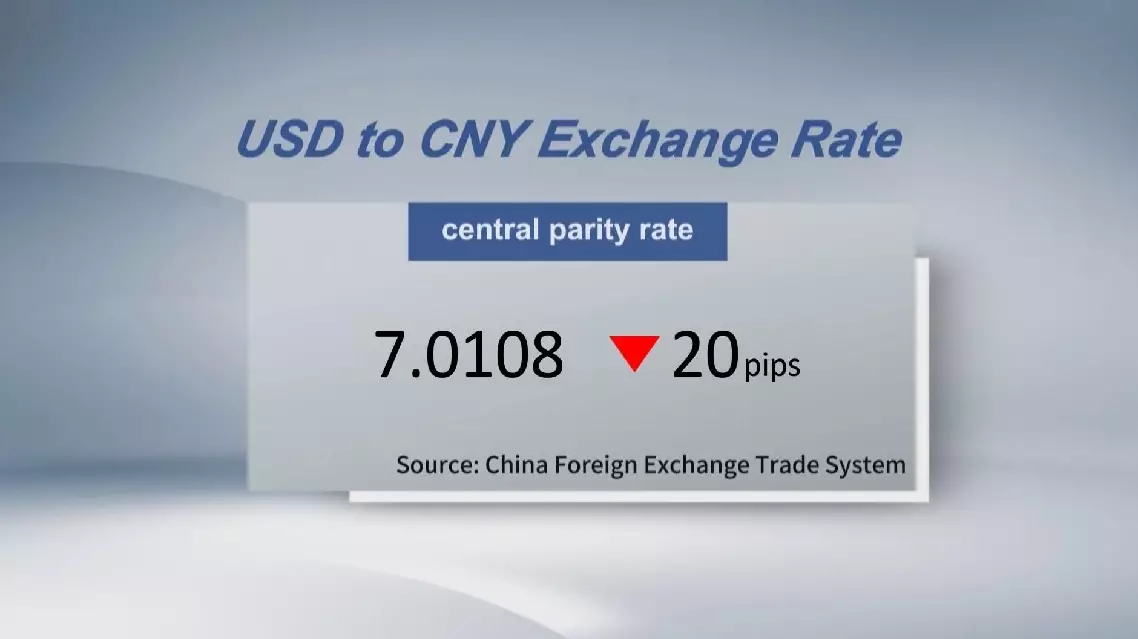Since Israel resumed its intensified military campaign on March 18, at least 2,222 Palestinians have been killed and 5,751 others injured, bringing the overall death toll in Gaza since the war began in October 2023 to 52,314, with a total of 117,792 people injured, according to health authorities in Gaza on Monday.
At least 56 Palestinians were killed and dozens of others wounded in Israeli airstrikes on various areas of the Gaza Strip on Monday, according to the Civil Defense in Gaza.
Civil Defense spokesperson Mahmoud Basal said that the Israeli airstrikes targeted displaced persons' tents, residential houses, and civilian gatherings across the Gaza Strip.
Among the dead, 26 people were killed in Israeli strikes on gatherings and houses in the western and northwestern areas of Gaza City.
In the northern Gaza Strip, at least 12 Palestinians were killed when Israeli warplanes bombed residential houses around the Jabalia refugee camp. Separately, artillery shelling in the town of Beit Lahia killed one person and wounded several others.
In the central Gaza Strip, an Israeli airstrike on a house in the Al-Maghazi refugee camp killed a Palestinian girl, Basal added.
Meanwhile, in the southern city of Khan Younis, 16 Palestinians were killed in a series of Israeli airstrikes that targeted houses, tents sheltering displaced persons, and civilian gatherings.

Palestinian death toll in Gaza rises to 52,314









